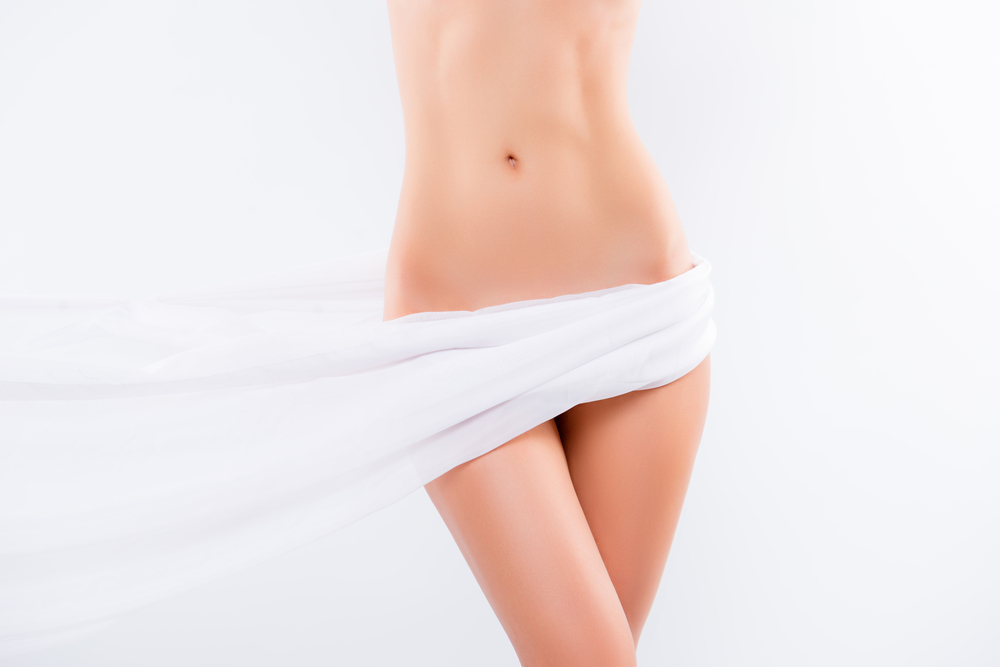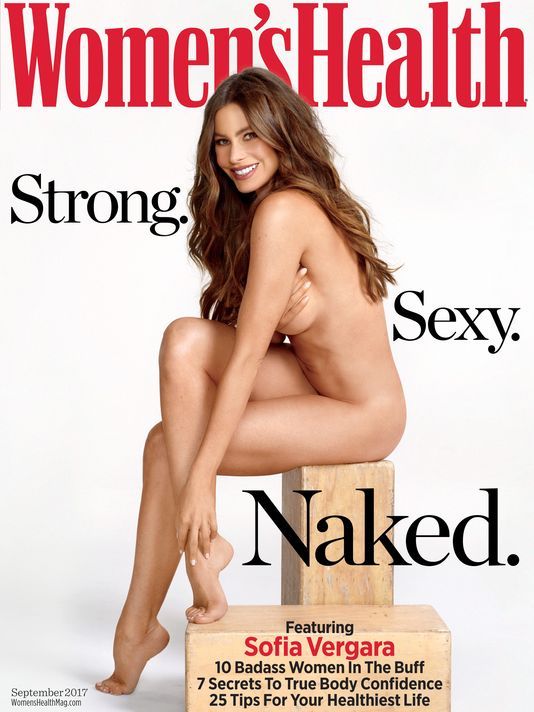Women's Health
When Can I Drink Alcohol After I Give Birth?
Remember when you could enjoy a quick sandwich? Or you could have as much coffee as you wanted? Slowly sip a glass of wine after a long workday?

Vaginal Rejuvenation
Vaginal Rejuvenation Is Here to Stay
It’s been 20 years since Viagra was approved by the FDA for erectile dysfunction, and since that time, attention has been primarily on men’s sexual health.
Women's Health
10 Everyday Things That Age You!
Staying young isn’t a sprint; it’s a marathon. Check out 10 things that age you.
Celebrity
Slay of the Day: Sofia Vergara Poses Nude at 45
She eats like an “animal” (her word!) but never leaves the house without makeup. The bundle of contradictions that is Sofia Vergara reveals all—including why she’s suddenly got undies on her mind.
-

 Women's Health8 years ago
Women's Health8 years ago10 Everyday Things That Age You!
-
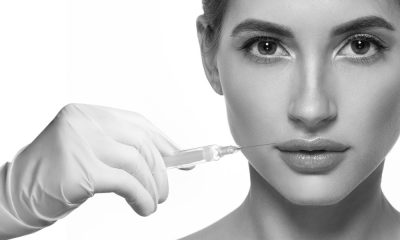
 Dermal Fillers7 years ago
Dermal Fillers7 years agoFight Facial Wrinkles and Folds With Juvederm
-

 Botox4 years ago
Botox4 years agoCan I Drink Alcohol After Botox?
-
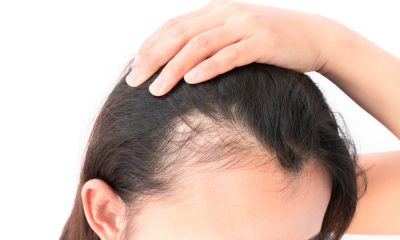
 PRP5 years ago
PRP5 years agoPRP or SMP – How Do I Decide?
-
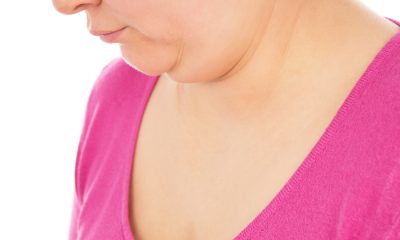
 CoolSculpting8 years ago
CoolSculpting8 years ago6 Ways to Say Goodbye to Your Double Chin
-

 Body Contouring5 years ago
Body Contouring5 years agoEmsculpt or CoolTone?
-
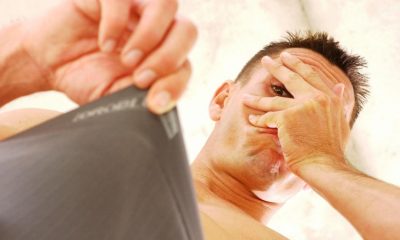
 Botox8 years ago
Botox8 years agoGuys Are Getting Botox in Their Balls–But for What?
-
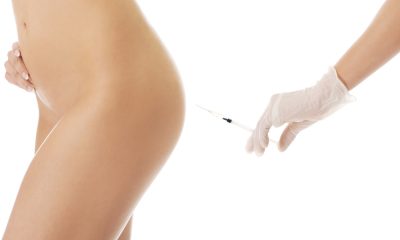
 Dermal Fillers8 years ago
Dermal Fillers8 years agoBoosting Your Backside with a Sculptra Butt Lift

